Home>Garden Essentials>How Long Does It Take For Potatoes To Germinate?
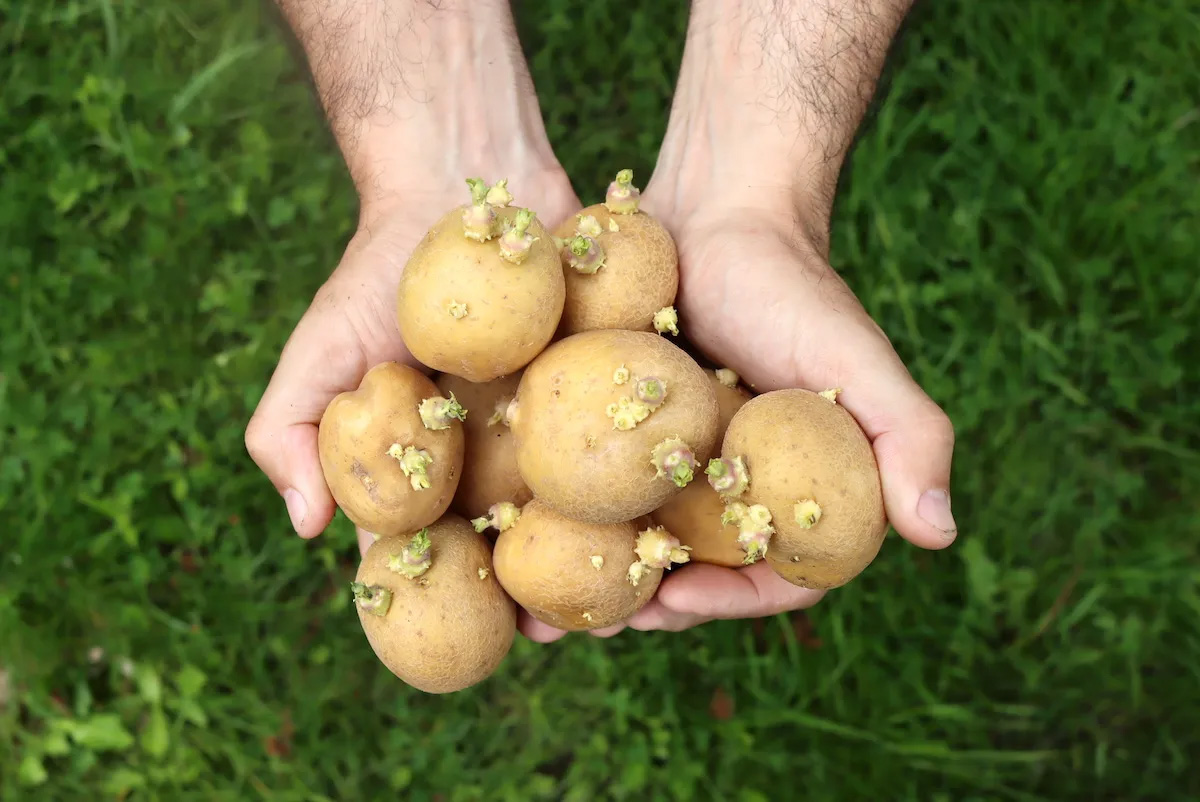

Garden Essentials
How Long Does It Take For Potatoes To Germinate?
Modified: March 15, 2024
Learn how long it takes for garden potatoes to germinate. Discover the time frame for potato sprouting and plan your garden accordingly.
(Many of the links in this article redirect to a specific reviewed product. Your purchase of these products through affiliate links helps to generate commission for Storables.com, at no extra cost. Learn more)
Introduction
Gardening enthusiasts who are eager to grow their own potatoes often wonder how long it takes for potatoes to germinate. Understanding the germination process and the factors that affect it is essential for successful potato cultivation. Germination is the process by which a seed potato sprouts, producing a new potato plant. The length of time it takes for potatoes to germinate can vary depending on several factors, including the variety of potato, environmental conditions, and cultivation techniques.
In this article, we will explore the factors affecting potato germination time, the ideal conditions for germination, timeframes for different potato varieties, techniques to accelerate germination, and common problems and troubleshooting methods. By understanding the germination process and implementing the right techniques, you can maximize the success of your potato growing endeavors.
Key Takeaways:
- Potatoes take 2-5 weeks to sprout, depending on the variety and growing conditions. Factors like temperature, moisture, and seed quality affect germination time. Creating ideal conditions and using techniques can speed up the process.
- To ensure successful potato germination, maintain proper temperature, moisture, and soil quality. Techniques like pre-sprouting and warm soil preparation can accelerate germination. Watch out for issues like delayed sprouting and pest damage.
Factors Affecting Germination Time
Several factors can affect the time it takes for potatoes to germinate. Understanding these factors is crucial to ensure optimal germination and healthy plant growth. Here are some of the key factors:
Temperature
Temperature plays a vital role in potato germination. Potatoes require a consistent temperature range of 60-70°F (15-21°C) for successful germination. If the temperature is too low, germination may be delayed or inhibited. Conversely, if the temperature is too high, it can lead to poor germination or seed rot. It’s important to monitor and maintain the appropriate temperature throughout the germination process.
Moisture
Proper moisture levels are essential for potato germination. Excessive moisture can drown the seed potatoes, preventing them from sprouting. On the other hand, insufficient moisture can lead to dryness and inhibit germination. It’s important to keep the soil consistently moist but not overly saturated. Regular watering and monitoring moisture levels can ensure optimal conditions for germination.
Light
Unlike some other plants, potatoes do not require direct light for germination. In fact, they prefer darkness during the germination process. Keeping the seed potatoes in a dark environment can promote better sprouting. Once the sprouts emerge from the soil surface, they require exposure to light for healthy growth.
Soil Quality
The quality of the soil also plays a significant role in potato germination. Potatoes thrive in well-draining soil that is rich in organic matter. Compacted or heavy clay soils can hinder germination and cause poor plant development. It’s crucial to prepare the soil adequately by loosening it and incorporating organic matter before planting the seed potatoes.
Seed Quality
The quality of the seed potatoes directly impacts germination time. It’s essential to choose high-quality seed potatoes that are disease-free and have not been subjected to excessive bruising or damage. Healthy and robust seed potatoes have a higher germination rate and tend to sprout more quickly.
By taking these factors into account and providing the ideal conditions for germination, you can optimize the germination process and improve the overall success of your potato growing endeavors.
Ideal Conditions for Potato Germination
Creating the ideal conditions for potato germination is crucial to ensure successful sprouting and healthy plant development. Here are the key factors that contribute to the ideal conditions:
Temperature
Potatoes prefer a temperature range of 60-70°F (15-21°C) for germination. This temperature range provides the optimal conditions for the enzymes in the potato to break down stored starches and initiate sprouting. Maintaining a consistent temperature within this range is essential for promoting timely and uniform germination.
Moisture
Proper moisture levels are vital for potato germination. The soil should be consistently moist but not overly saturated. Excessive moisture can lead to rotting of the seed potatoes, while insufficient moisture can hinder germination. Regularly monitor the moisture levels and water the soil as needed to maintain the ideal moisture balance.
Darkness
During the germination process, potatoes prefer to be kept in a dark environment. Covering the seed potatoes with a layer of soil or planting them in a dark environment such as a grow bag or a covered container promotes better sprouting. This darkness encourages the development of strong and healthy sprouts.
Soil Quality
Good soil quality is essential for potato germination. Potatoes thrive in well-draining soil that is rich in organic matter. Amend the soil with compost or well-rotted manure to improve its fertility and moisture-retaining capabilities. It’s important to prepare the soil before planting by removing any debris, loosening it, and incorporating organic matter.
Adequate Air Circulation
Proper air circulation is necessary for potato germination. Ensure that there is adequate space between the seed potatoes to allow air to circulate freely. Crowded planting can lead to excess moisture retention and increase the risk of disease. Proper spacing also allows each sprout to develop without competition from neighboring tubers.
Read more: How Long Does It Take Sorghum To Germinate
Protection from Frost
Potatoes are susceptible to damage from late spring frosts. To protect your potato plants during germination, avoid planting them too early in the season when frost is still a risk. If frost is a concern, cover the plants with protective row covers or use other frost protection methods to shield them from potential damage.
By ensuring the ideal conditions of temperature, moisture, darkness, soil quality, air circulation, and protection from frost, you can create an environment conducive to successful potato germination. Providing these optimal conditions greatly increases the chances of healthy sprouting and robust plant growth.
Germination Timeframes for Different Potato Varieties
The germination timeframe for potatoes can vary depending on the specific variety you are growing. Different potato varieties have unique characteristics, including their germination rates and timelines. Here are some common potato varieties and their average germination timeframes:
Early Varieties
Early varieties of potatoes tend to have a shorter germination period. These varieties typically sprout within 2 to 3 weeks after planting. Examples of early potato varieties include Yukon Gold, Red Norland, and French Fingerling. These potatoes are well-suited for gardeners who want an early harvest or live in regions with shorter growing seasons.
Mid-Season Varieties
Mid-season potato varieties have an intermediate germination timeframe. They generally take around 3 to 4 weeks to sprout after planting. Some popular mid-season potato varieties include Russet Burbank, Kennebec, and German Butterball. These varieties are versatile and are often used for both cooking and baking.
Read more: How Long Does It Take For Mint To Germinate?
Late Varieties
Late-season potato varieties have a longer germination period compared to early and mid-season varieties. They typically take around 4 to 5 weeks to sprout after planting. Late varieties include potatoes such as All Blue, Purple Majesty, and Carola. These varieties are known for their longer storage life and are often favored by gardeners who want to harvest potatoes for winter storage.
It’s important to note that these timeframes are averages and can vary depending on the environmental conditions and cultivation techniques used. Factors such as temperature, moisture, and seed quality can also influence germination time. Additionally, certain potato varieties may have specific requirements or preferences for temperature, moisture, and soil conditions, so it’s always recommended to consult the seed packet or reliable sources for specific information about the variety you are growing.
By understanding the germination timeframes for different potato varieties, you can plan your planting schedule and manage your expectations accordingly. Remember to provide the ideal growing conditions and give the potatoes ample time to sprout and develop before moving on to the next stages of cultivation.
Techniques to Accelerate Potato Germination
While potato germination generally follows a natural timeline, there are a few techniques you can employ to potentially accelerate the process. These techniques can help you get your potato plants off to a quicker start, especially in regions with shorter growing seasons. Here are some effective methods to consider:
Pre-Sprouting
Pre-sprouting, also known as chitting, involves encouraging the seed potatoes to sprout before planting them in the ground. To do this, place the seed potatoes in an area with indirect light and temperatures between 50-60°F (10-15°C) for a few weeks prior to planting. This process stimulates the sprouting process and allows you to have sprouted potatoes ready for planting once the soil is warm enough.
Warm Soil Preparation
Potato tubers prefer warm soil for optimal germination. To speed up the process, prepare the soil in advance by covering the planting area with black plastic or a dark-colored mulch a week or two before planting. The dark covering absorbs heat from sunlight, warming up the soil and promoting faster sprouting once the seed potatoes are planted.
Use of Seedling Trays
Planting seed potatoes in seedling trays or containers indoors can provide controlled and optimal growing conditions. Start the seeds in trays or pots filled with a well-draining potting mix, and keep them in a warm location with adequate light. Once the sprouts are a few inches tall, transplant them into the garden. This technique allows you to control the temperature, moisture, and light conditions, accelerating the germination process.
Appropriate Fertilization
Providing the potato plants with the right nutrients can also encourage quicker germination. Before planting, incorporate a balanced organic fertilizer into the soil, ensuring that it is well-mixed and evenly distributed. This gives the seed potatoes immediate access to essential nutrients, supporting faster sprouting and early growth.
Proper Watering
Watering the seed potatoes properly is crucial for promoting germination. Keep the soil consistently moist, but avoid over-watering, as this can lead to rot and hinder germination. Monitor the moisture levels and adjust your watering schedule accordingly. A light misting with water can also help to keep the surface of the potato tubers moist and promote faster sprouting.
Remember that while these techniques can help accelerate germination, it’s important to strike a balance and not rush the process too much. Providing the potatoes with favorable conditions and allowing them to go through their natural germination stages will help ensure healthier plants and a successful potato harvest.
Problems and Troubleshooting during Germination
While potato germination is typically a straightforward process, various issues can arise that may hinder or affect the success of germination. Understanding common problems and troubleshooting methods can help you overcome these challenges and ensure the healthy growth of your potato plants. Here are some issues you may encounter during germination:
Read more: How Long Does It Take Millet To Germinate
Delayed Germination
If your potato tubers are taking longer than expected to sprout, several factors could be contributing to the delay. Insufficient warmth or low soil temperatures can slow down germination. Ensure that the soil temperature is within the desired range of 60-70°F (15-21°C) by using a soil thermometer. Additionally, poor seed quality or planting potatoes too deeply can also lead to delayed germination. To address this, check the quality of your seed potatoes and ensure they are healthy and viable. Plant them at the appropriate depth (about 4 inches) to promote timely sprouting.
Poor Sprouting or Low Germination Rate
If your potato tubers are sprouting poorly or have a low germination rate, it may be due to several reasons. Inadequate moisture levels can hinder sprouting, so make sure the soil is consistently moist but not overly saturated. Additionally, planting seed potatoes that are too small or have started to deteriorate can result in poor sprouting. Choose large, firm, and healthy seed potatoes for the best germination results.
Rotting or Disease Issues
Potatoes are susceptible to rotting and disease during the germination process, especially in soggy soil conditions or when the seed potatoes are affected by diseases like fungal rot. To prevent rotting, ensure that the soil is well-draining and avoid over-watering. If you notice any signs of disease or rot, promptly remove and dispose of the affected potatoes to prevent the spread of infection.
Pest Damage
Pests can also cause damage to potato tubers during germination. Common pests include wireworms and slugs, which can feed on the tubers and hinder sprouting. Implement pest control methods such as applying organic pest repellents or traps to protect the tubers from pests. Regular monitoring of the plants and taking early action against pests can help prevent significant damage.
Read more: How Long Does It Take Turnips To Germinate
Inadequate Light Exposure
If your sprouted potatoes are lagging in growth or appear weak and elongated, it may be a sign of inadequate light exposure. Potato plants require proper exposure to sunlight for healthy growth. If growing indoors, ensure that the plants receive adequate light by placing them near a bright window or using artificial grow lights to provide sufficient illumination.
By being aware of these problems and taking appropriate troubleshooting steps, you can overcome obstacles during germination and ensure the successful growth of your potato plants. Regular monitoring, proper watering, and maintaining optimal growing conditions will help mitigate potential issues and increase the likelihood of a bountiful potato harvest.
Conclusion
Growing potatoes can be a rewarding and enjoyable experience, and understanding the germination process is crucial for successful cultivation. By considering the factors that affect germination time, creating ideal conditions, and using techniques to accelerate germination, you can increase the chances of a successful potato harvest.
Factors such as temperature, moisture, light, soil quality, and seed quality play significant roles in potato germination. By providing the potatoes with the right environment, you can promote timely and healthy sprouting. Preparing the soil, ensuring proper moisture levels, and protecting the seed potatoes from frost are essential steps in creating optimal conditions.
Several techniques can be employed to accelerate germination, including pre-sprouting, warm soil preparation, using seedling trays, proper fertilization, and adequate watering. These techniques can help you get your potato plants off to a quicker start, especially in regions with shorter growing seasons.
However, it’s important to note that allowing potatoes to follow their natural germination process is also crucial for their overall health and development. Rushing the germination process too much may result in weaker plants and lower yields.
During the germination phase, various problems may arise, including delayed germination, poor sprouting, rotting or disease issues, pest damage, and inadequate light exposure. Recognizing these issues and implementing appropriate troubleshooting methods can help overcome challenges and ensure the healthy growth of your potato plants.
In conclusion, by understanding the factors affecting germination, creating ideal conditions, using techniques to accelerate germination, and addressing common problems, you can increase the chances of a successful potato germination and cultivation journey. With care, patience, and proper techniques, you will soon enjoy a bountiful harvest of delicious homegrown potatoes.
Frequently Asked Questions about How Long Does It Take For Potatoes To Germinate?
Was this page helpful?
At Storables.com, we guarantee accurate and reliable information. Our content, validated by Expert Board Contributors, is crafted following stringent Editorial Policies. We're committed to providing you with well-researched, expert-backed insights for all your informational needs.
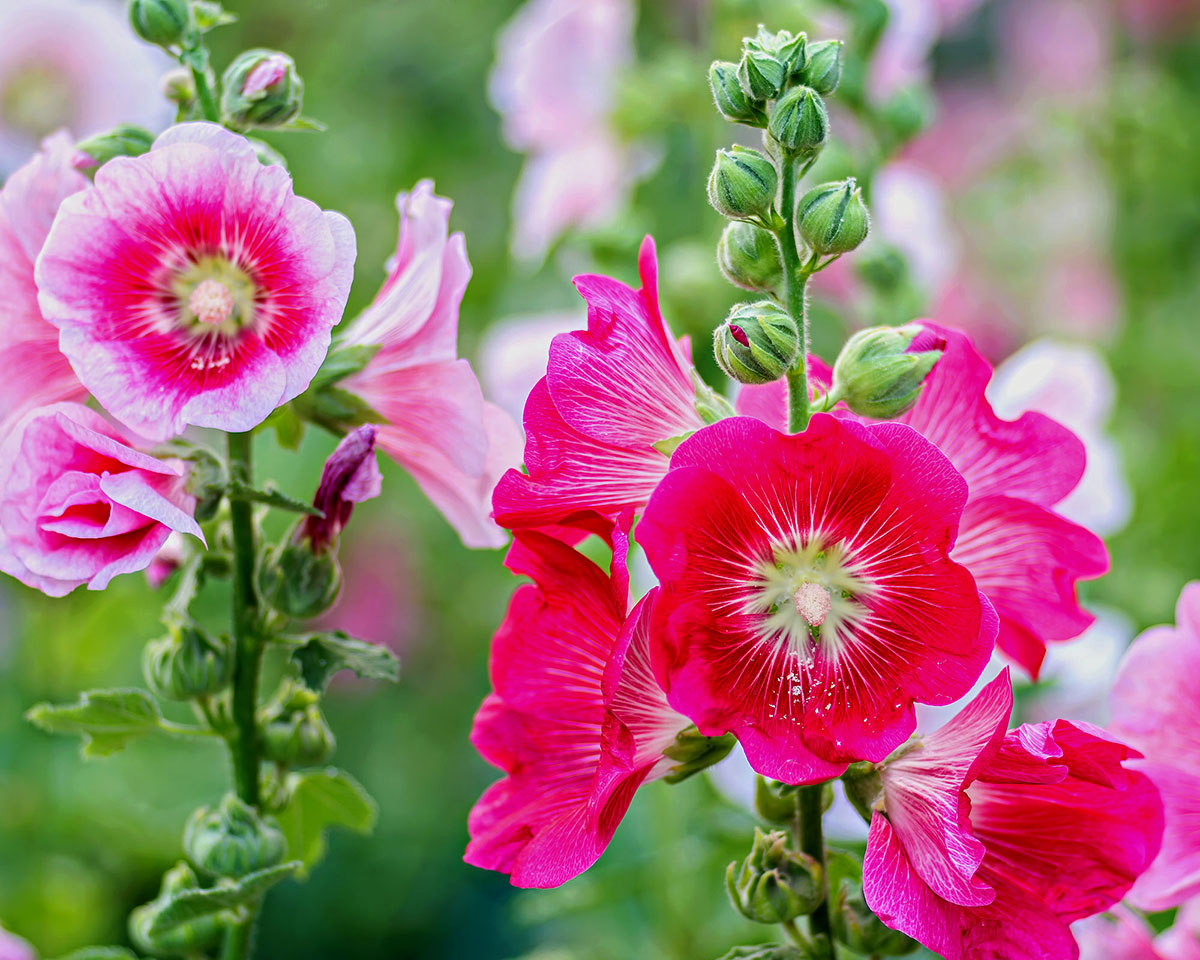
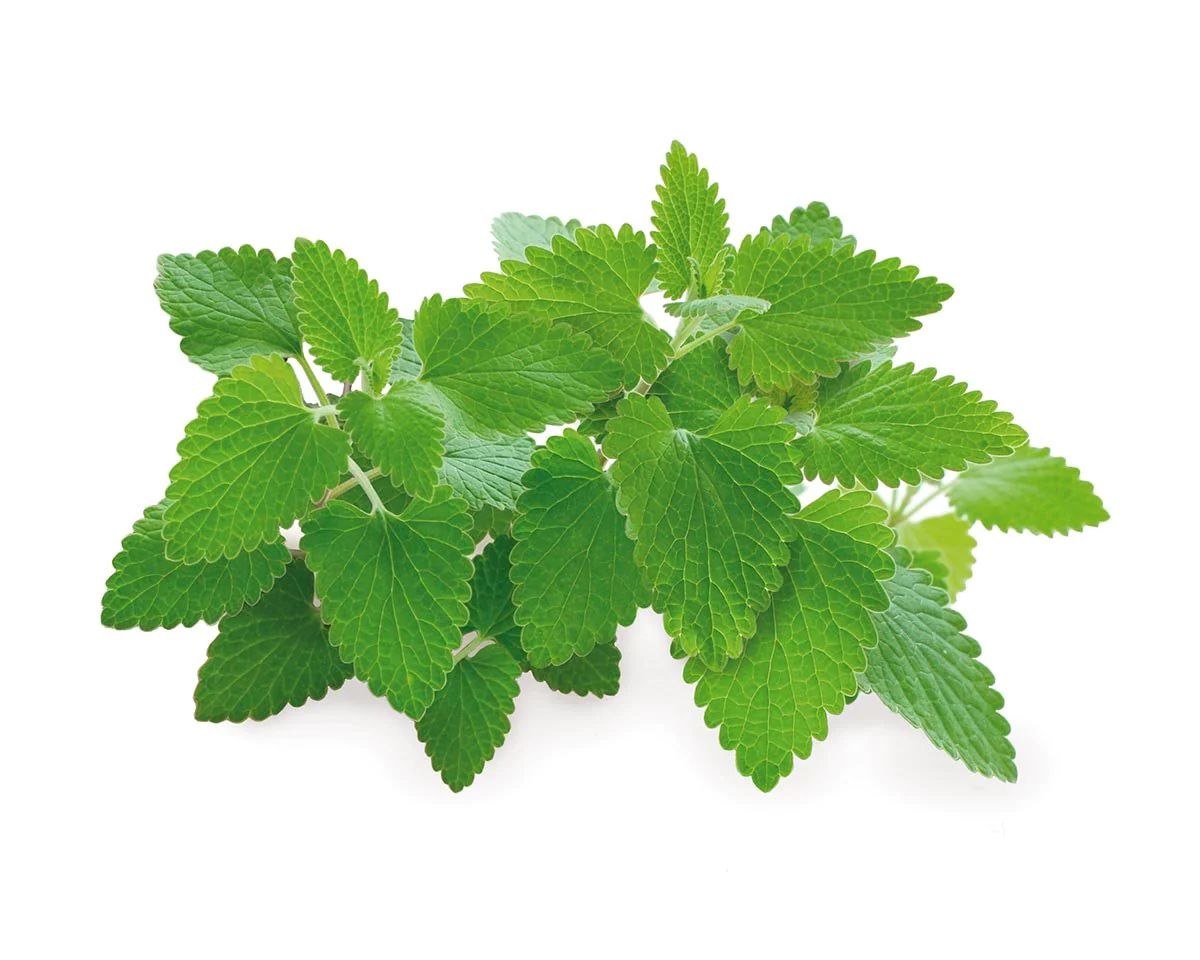
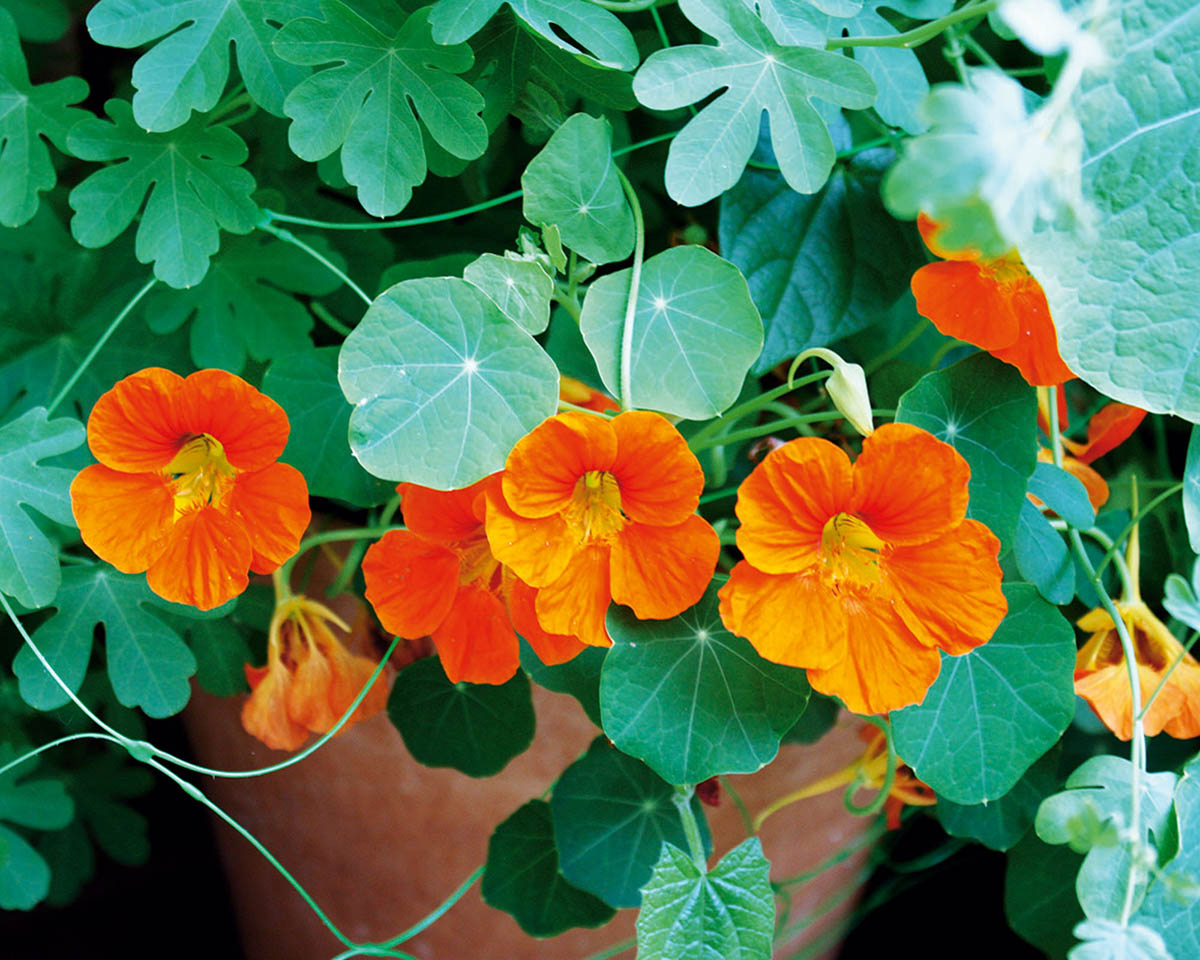
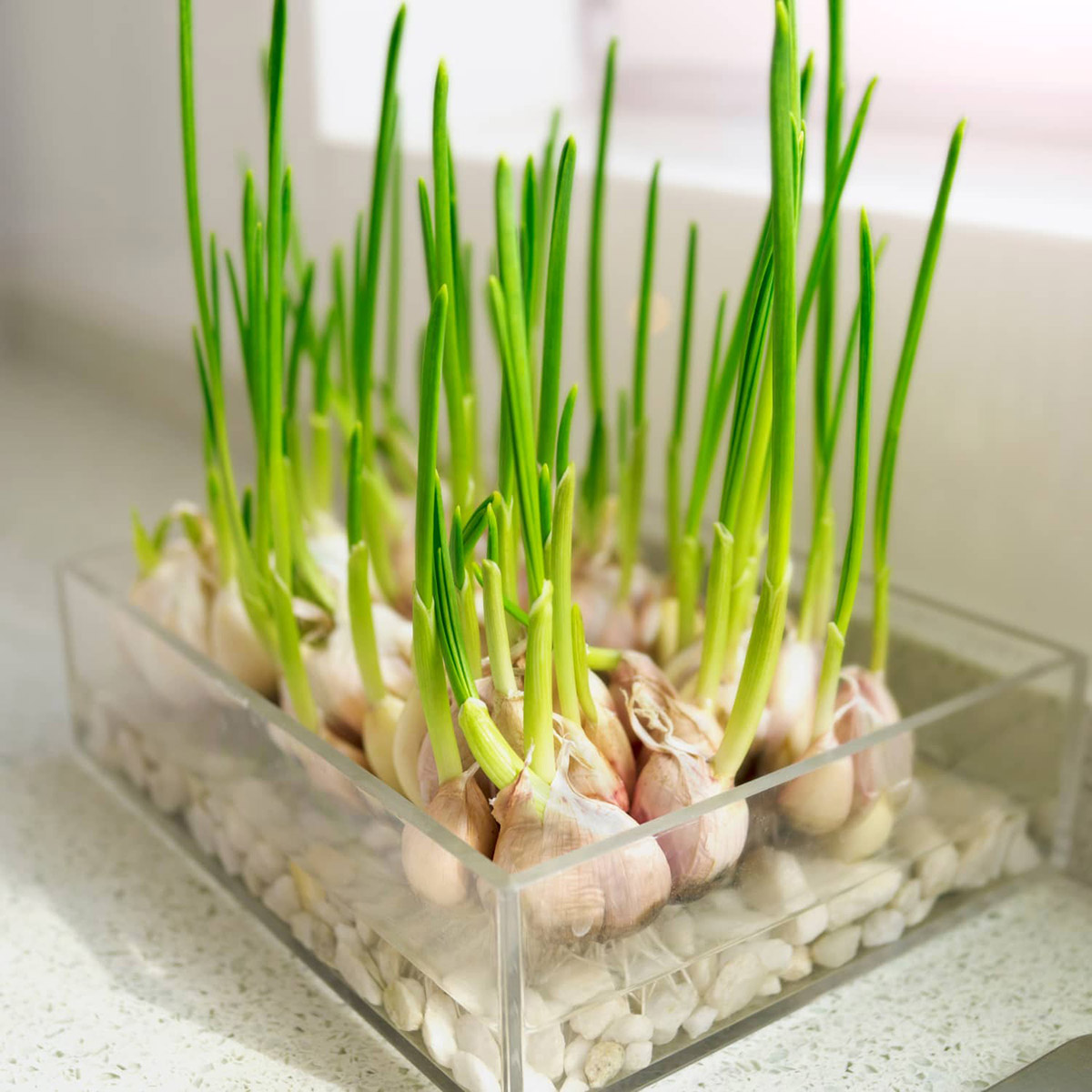
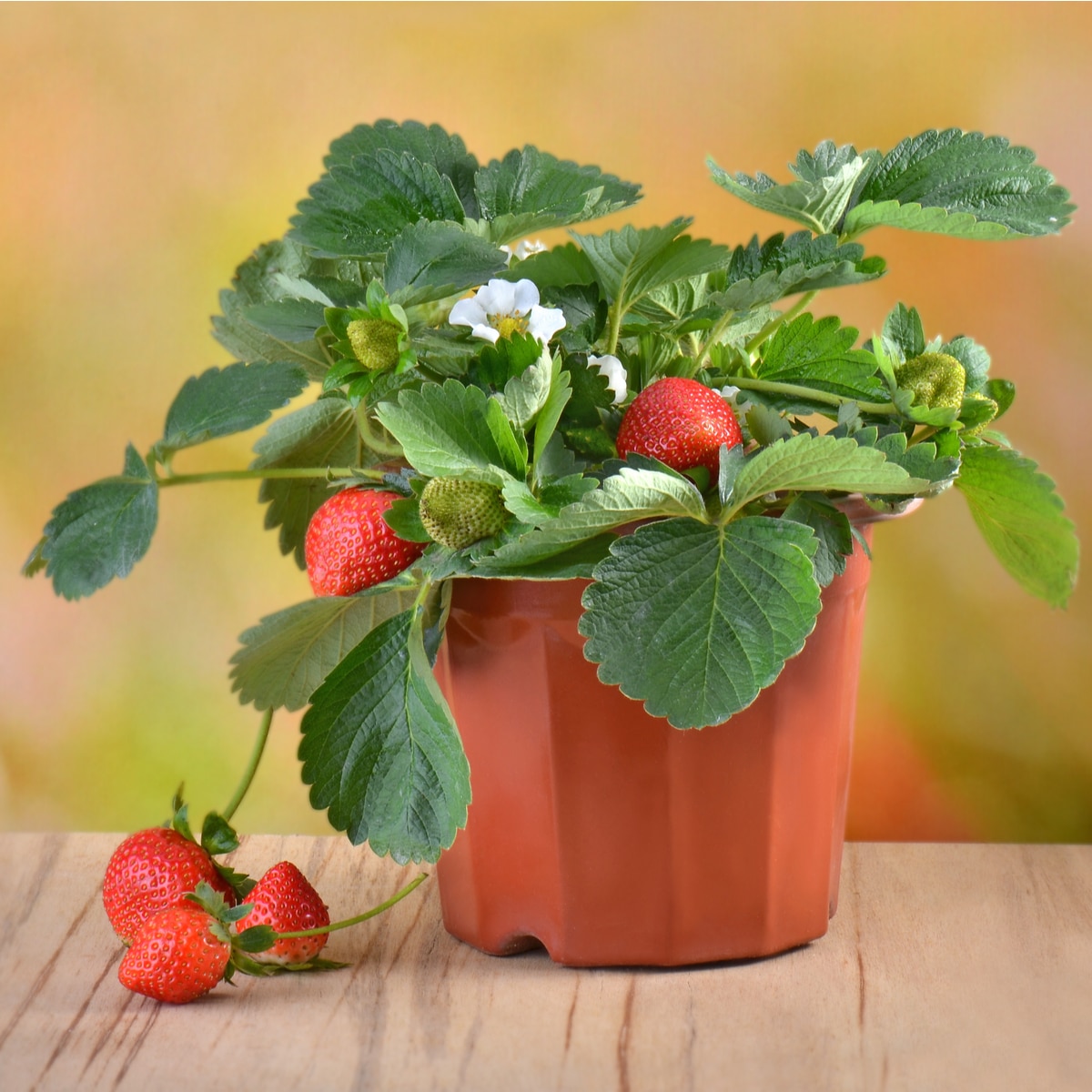
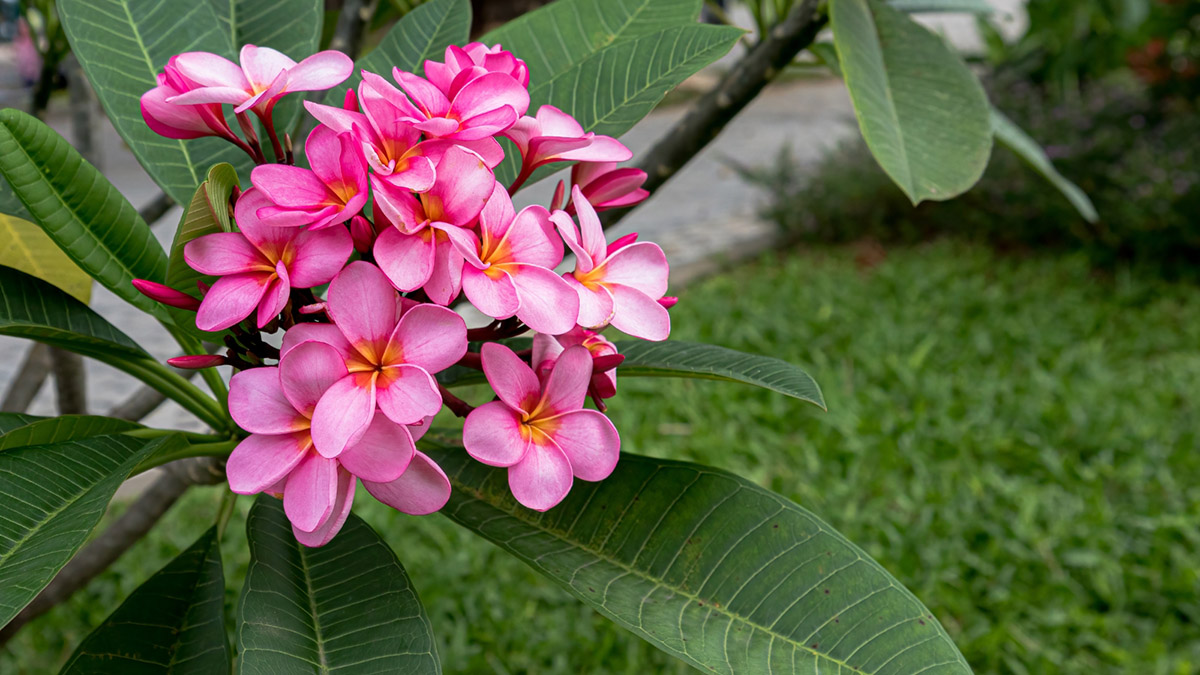
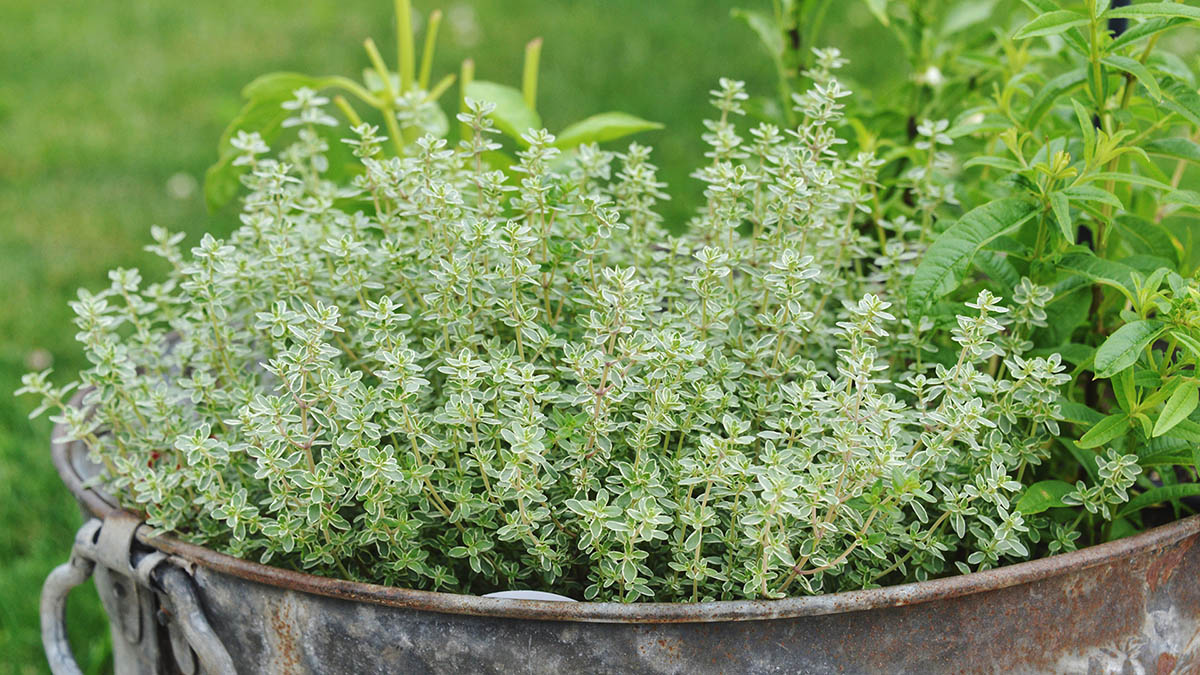
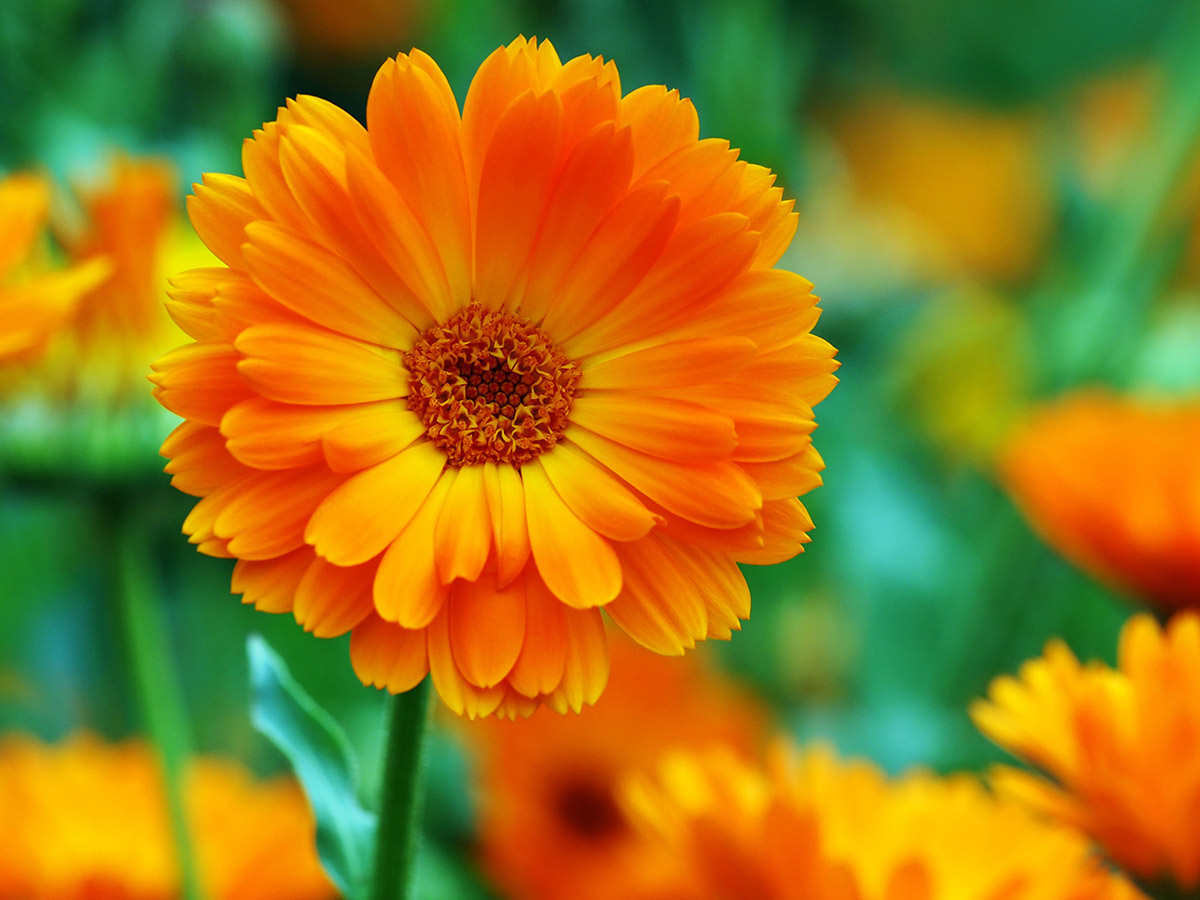

0 thoughts on “How Long Does It Take For Potatoes To Germinate?”